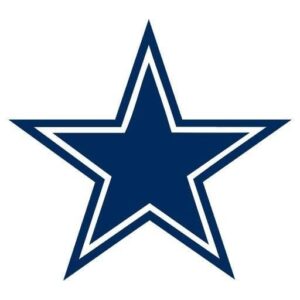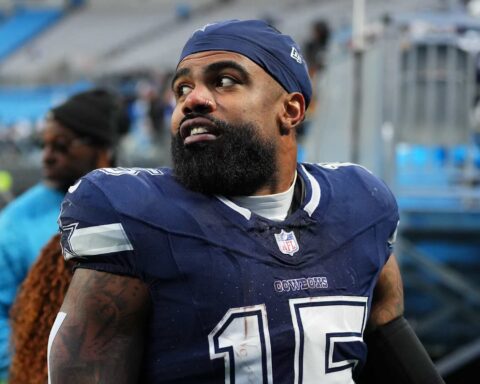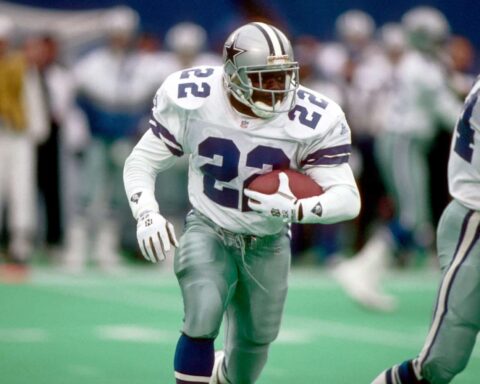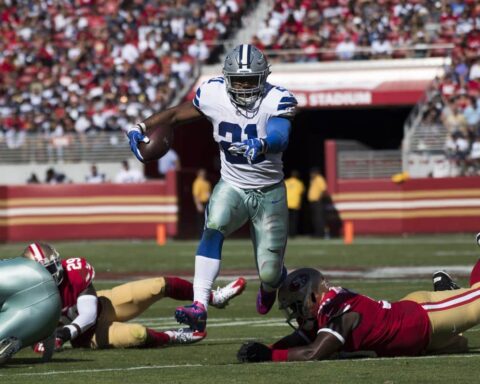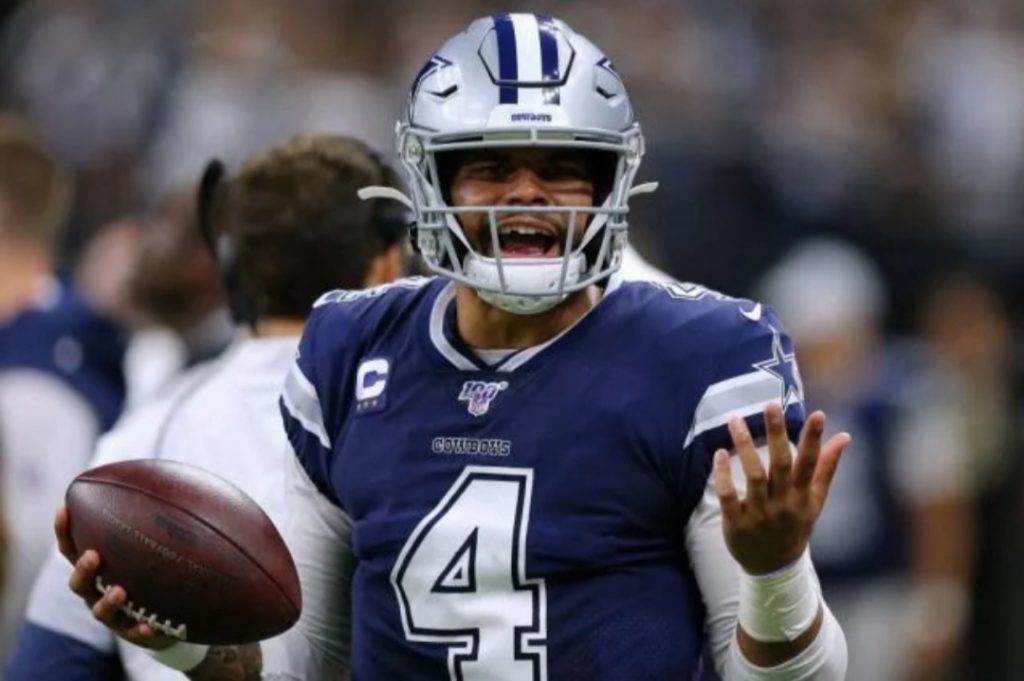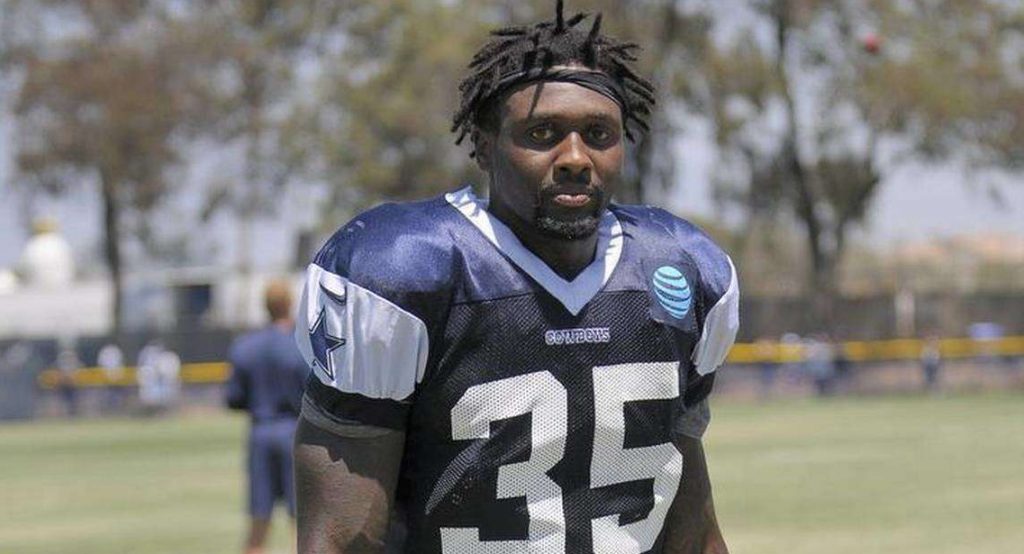A critical moment in the Dallas Cowboys’ loss to the New Orleans Saints came at the end of the first half, when a fumble by Ezekiel Elliott cost Dallas a scoring opportunity and allowed the Saints to tack on another field goal before the break. The way the fumble was handled by the officials highlights what I feel is a major logic breakdown in the NFL’s rules for reviewing plays.
First off, I do want to give the referees credit for allowing the play to proceed without blowing the whistle. The most egregious problem of all is when a play is blown dead and a potential touchdown is called back, only to see on review that it should have been allowed to continue. I appreciate that the officials tried to avoid that mistake.
However, that positive now creates a new problem.
By letting the play unfold, it set the precedent that the ruling on the field was a fumble. And because of how the NFL has structured its review process, the initial ruling on the field becomes paramount.
As you likely have heard, the rules require “clear and obvious visual evidence” to overturn a call made on the field. This philosophy was designed to preserve the human element of officiating and allow referees to maintain their authority and integrity as part of the game.
At the same time, though, this also puts a wall around the exact issue that reviews were designed to fix. If you need a system to review plays to fix human error, then why are you simultaneously protecting the same error?
Why are we neutering the full potential of the play review process?
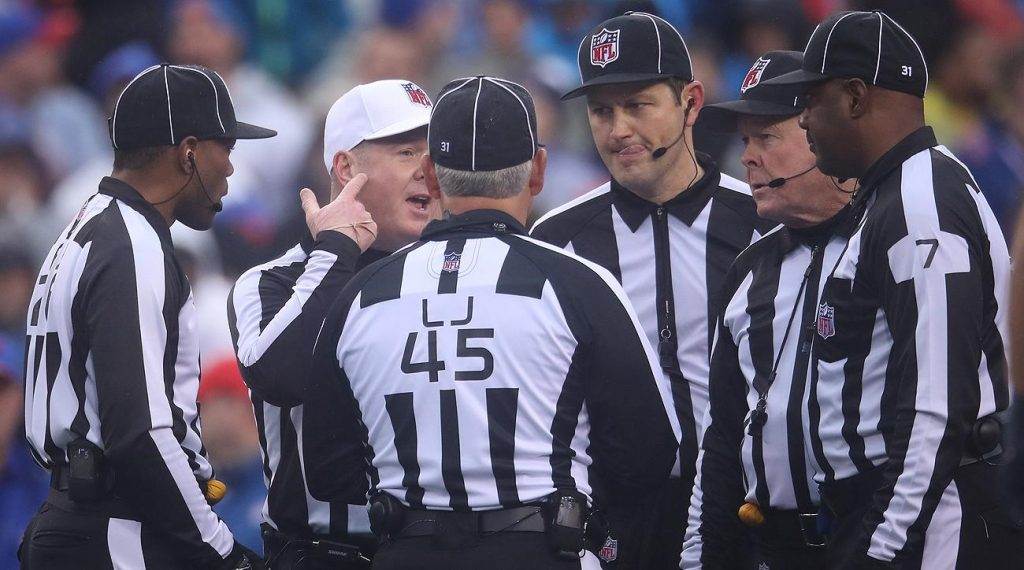
Let’s go back to Zeke’s fumble. To be clear, and Elliott himself has already admitted this, he should have never allowed for there to be a question. Even if his knee or elbow hit the ground before the ball came loose, Zeke knows he ultimately allowed the turnover by letting the ball get stripped away.
But because of how close that call was on even slow-motion replay, the ability to make a definitive ruling in real time was almost impossible. The officials went with a fumble because it allowed the play to develop and avoided cancelling a possible Saints touchdown.
Again, I get that part. But what happens next is a review process in which that initial call of a fumble now takes significant precedence, and the burden of proof to overturn it is far higher than what qualified the initial ruling.
We don’t know exactly what the review official saw, but let’s try and put some metrics to this. Imagine that the initial call was based on a 51-49% level of certainty; the referee could have gone either way but just slightly leaned toward a fumble.
Now it’s reviewed and now that leaning changes. Even if it’s now 51% in favor that there’s no fumble, the call is going to stand based on that “clear and obvious” language.
But is that logical? Doesn’t a determination made based on review, with different angles and slow motion, give the official a better opportunity to make a judgment call than in the heat of the moment?
There was nothing clear or obvious about the initial fumble ruling. Why should the review be held to such a significantly higher standard?
If we’re going to take the time to review plays and have these lulls in the action, then at least make a greater effort to call things correctly. I know I sound like a bitter Cowboys homer right now, but this reaction comes from watching years of NFL football and countless matchups between all teams.
Bottom line; initial calls are more likely to be wrong than review decisions. Get rid of the stringent requirement for overturning calls and be more worried about getting things right, not protecting the officials.

